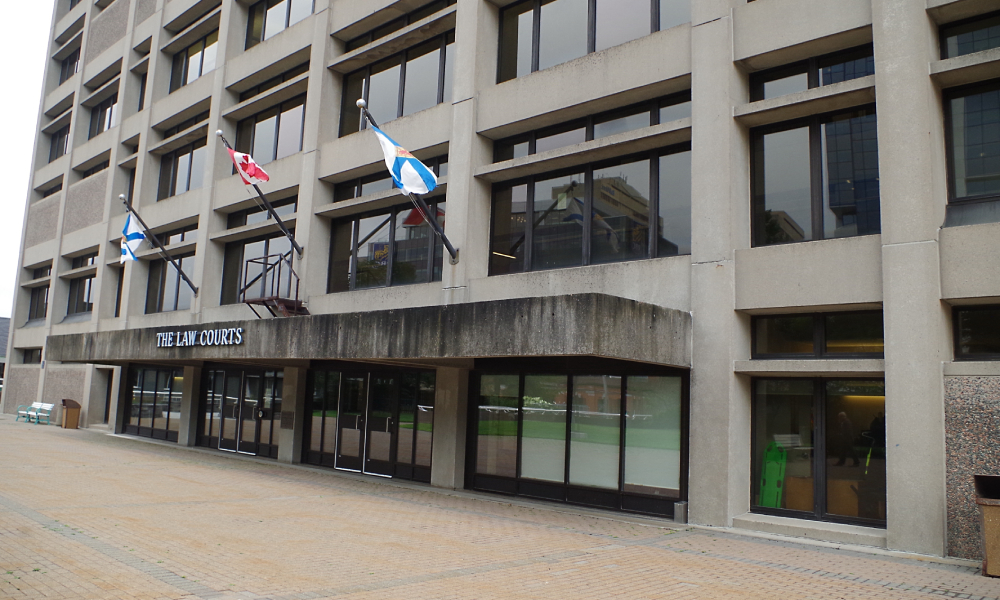Leased space of 22,000 square feet will be converted to accommodate up to 200 potential jurors

The Supreme Court of Nova Scotia has announced that it will establish two new satellite courtrooms for the safe conduct of criminal jury trials in Halifax Regional Municipality amid the COVID-19 pandemic.
The court will convert the leased space, measuring approximately 22,000 square feet, located on Mellor Drive in Dartmouth, to accommodate jury selections involving a maximum of 200 potential jurors. The courtrooms will observe the required physical distancing protocols and will be staffed onsite only when jury selections and trials are currently undergoing.
“This space will allow for the safe return of in-person criminal jury trials in metro Halifax for counsel, accused, victims, witnesses, jurors, court staff and members of the judiciary,” said Mark Furey, the province’s attorney general and justice minister.
Earlier, Deborah Smith, the court’s chief justice, suspended all jury trials in the province until Sept. 8, in line with COVID-19-related health protocols. An assessment then took place, during which courtrooms and courthouses in the province were evaluated for their ability to accommodate in-person appearances in accordance with public health guidelines.
The results of the assessment concluded that the four criminal jury courtrooms at the Law Courts in Halifax did not have enough space to allow for the conduct of criminal jury trials. It was also found that these courtrooms could not be reconfigured to accommodate the safe hearing of matters.
Patrick Duncan, the court’s associate chief justice, noted that criminal trials and criminal jury trials involve unique demands, and this solution is the best option available under the circumstances. “This was a great example of the judiciary and the Department of Justice collaborating to address a challenging problem in a challenging time,” said Duncan.
“The Canadian Charter of Rights and Freedoms guarantees the right of accused individuals to be tried within a reasonable time; equally important are the rights of the victims and families involved in these matters,” said Chief Justice Smith.










